
Recommendation
According to Freud and other intellectuals and philosophers, intuition is unsound and has no merit. Freud warns not to put any value on gut feelings. Instead, people should trust logic and reasoning. German psychologist Gerd Gigerenzer begs to differ. He claims that intuition often works far better than reason to solve problems and make decisions. Gigerenzer details numerous studies that repeatedly demonstrate intuition’s ability to trump logic. He illustrates how people with less information often make better decisions than experts. getAbstract recommends Gigerenzer’s book to people who want to understand and improve the way they make decisions. As Alexander Pope said, “Who reasons wisely is not therefore wise.” Gigerenzer might agree. What do you think? More to the point, what do you feel in your gut?
Summary
About the Author
Gerd Gigerenzer directs the Center for Adaptive Behavior and Cognition at the Max Planck Institute for Human Development in Berlin. A former psychology professor at the University of Chicago, Gigerenzer has won numerous awards and prizes for his research and books.








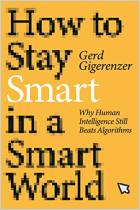
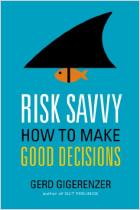
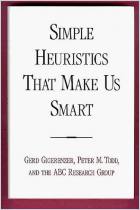
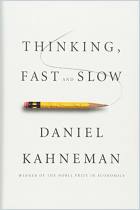
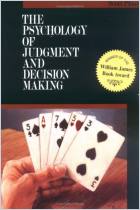
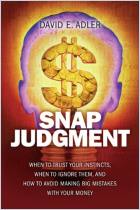
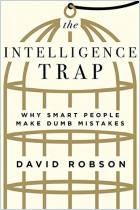
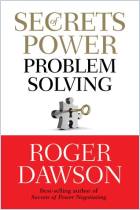
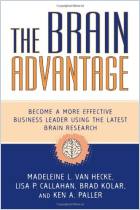


Comment on this summary or Start Discussion